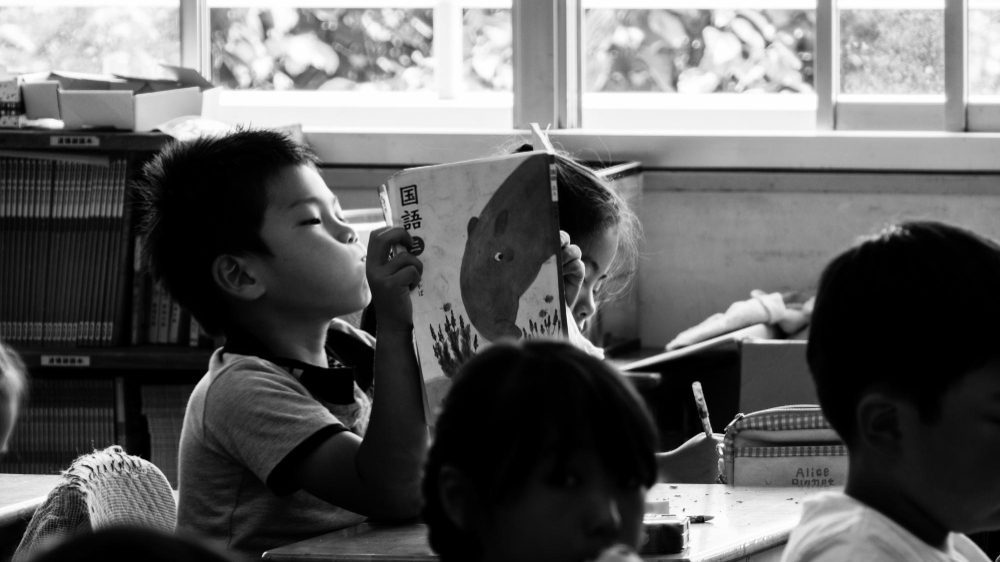Executive Summary
- China has launched a pilot program deploying military veterans in state-run boarding schools across Tibet to provide political education and military training to children as young as four.
- The initiative aims to intensify the Sinicization of Tibetan youth, cultivate loyalty to the Communist Party, and prepare them for potential military service, particularly for mountain warfare near the Indian border.
- This program is an outcome of China’s amended National Defense Education Law and aligns with President Xi Jinping’s strategic focus on border securitization and integrating national defense education into the curriculum.
The Story So Far
- This new program deploying military veterans in Tibetan schools is a direct extension of China’s long-standing policy to Sinicize the region, aiming to instill loyalty to the Communist Party and integrate national defense education from an early age. Reinforcing this initiative are recently amended laws and directives, which also serve Beijing’s strategic objective of border securitization, particularly along the Indian border, by cultivating a pool of potential recruits for mountain warfare units and ensuring stability in a geopolitically sensitive area.
Why This Matters
- This pilot program marks a significant escalation in China’s efforts to militarize education and intensify the Sinicization of Tibetan youth from as young as four, directly indoctrinating them with Communist Party loyalty and preparing them for potential military service. This strategy serves Beijing’s dual goals of cultural assimilation and border securitization, aiming to cultivate a loyal populace and a pool of recruits for mountain warfare units, thereby solidifying its control and strategic position in the sensitive Tibetan region.
Who Thinks What?
- The Chinese government, including President Xi Jinping, aims to instill political education and military training in Tibetan children to cultivate loyalty to the Communist Party, Sinicize youth, prepare them for military service, and strengthen border security in the region.
- Tibet Watch, in a report exclusively accessed by News18, considers the program Beijing’s most direct effort to militarize Tibetan education, targeting impressionable youth for political indoctrination and cultural transformation in a region already under intense surveillance.
China has initiated a new pilot program deploying military veterans in state-run boarding schools across Tibet, reportedly aiming to instill political education and military training in Tibetan children as young as four. The initiative, detailed in a Tibet Watch report exclusively accessed by News18, marks Beijing’s most direct effort to militarize Tibetan education, targeting impressionable youth in a region already under intense surveillance and cultural transformation. The program is said to prepare children for loyalty to the Communist Party and potential military service, particularly for mountain warfare near the Indian border.
Program Implementation and Scope
The pilot program commenced with 13 veterans stationed at seven schools in Nagchu (Chinese: Naqu) in the Tibet Autonomous Region. It extends to primary, secondary schools, and kindergartens, particularly in Sernye District, an area that has experienced increased crackdowns since 2013.
State-run television reports have shown Tibetan children in fatigues, raising the red flag, and participating in ‘civil defense’ drills, including practicing diving for cover. Kindergarten children are depicted listening to “red stories” that glorify the People’s Liberation Army (PLA) and emphasize loyalty to President Xi Jinping and the Communist Party.
Legal Framework and Stated Objectives
This program is a reported outcome of China’s recently amended National Defense Education Law, which came into effect in September 2024. A 2022 directive from the Ministries of Veterans Affairs, Education, and Human Resources and Social Security also outlines aims to implement Xi Jinping’s educational expositions, broaden veteran employment, and strengthen teacher teams.
The initiative’s primary objectives include intensifying the Sinicization of Tibetan youth and preparing them for military service. Tibetans are increasingly viewed as valuable recruits for the PLA’s mountain warfare units due to their adaptation to high altitudes.
Recruitment and Indoctrination Efforts
Beijing has reportedly stepped up efforts to recruit Tibetans into the PLA, offering incentives such as school fee reimbursements for 18 to 21-year-old students who enroll in two-year military training courses. Students already receiving state aid are reportedly required to enroll.
Military camps for teenagers, described in official media as “Building Dreams on the Snowy Frontier,” have also taken place, depicting youth in combat fatigues studying military tactics and marching with the red flag. Slogans at these camps reference historical events like the PLA’s 1950 entry into Tibet.
Strategic Context and Border Securitization
The program aligns with the Chinese government’s broader strategy to integrate national defense and patriotic education into the curriculum of state-run boarding schools in Tibet. This occurs amid concerns over the erosion of Tibetan-medium education and a heightened focus on border control with neighboring countries including India, Nepal, and Bhutan.
President Xi Jinping has consistently emphasized the securitization of China’s borders, calling for a “great wall of steel” and stating that “to govern the nation, we must first govern our borders, to govern our borders, we must first stabilize Tibet.” His visits to border regions, such as Nyingtri (Chinese: Nyingchi) in 2021, underscore this strategic priority.
The PLA’s Western Theatre Command (WTC), which oversees China’s borders with India and Afghanistan, has seen its priority rating elevated, now on par with the Eastern Theatre Command. This shift follows military maneuvers against India in 2020, indicating increased strategic focus on the region.
Tibet Autonomous Region Party chief Wang Junzheng has also stressed the importance of shaping young minds to be loyal to the Party, reinforcing the ideological education and the ethos of “love the Party, love the country” in children.
Key Takeaways
This new program in Tibet reflects China’s deepening efforts to integrate national defense and patriotic education into the foundational stages of schooling. It highlights Beijing’s strategic goals of cultural assimilation, border securitization, and the cultivation of loyalty to the Communist Party among Tibetan youth from an early age.








